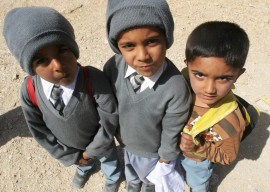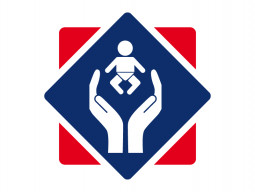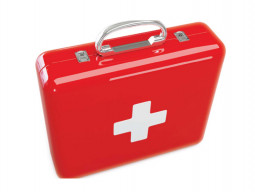
KARACHI:
Pakistan has the highest infant and maternal mortality rate in South Asia. Within Pakistan, Sindh has the highest rate, which is three per cent more than the other provinces.
This was shared by Sindh health secretary Inamullah Khan Dharejo at a seminar titled ‘Community Midwives: Handling Motherhood with Care’ organised by the Maternal, Neonatal and Child Health programme and Pakistan Nursing Council in collaboration with Technical Resource Facility and Research and Advocacy Fund (RAF) on Tuesday.
Health officials stressed that the role of community midwives is pivotal in a society, such as Pakistan, where primary health issues have not been addressed seriously for over 60 years. Complete support and ownership to these workers in the far-flung areas could minimise the prevailing rate of infant and maternal mortality in Pakistan, in general, and in Sindh, in particular. “Our achievement in the health sector in the last 60 years is sketchy,” said Dharejo. “The district health administration is in a defective position.”
Dharejo was unhappy with the performance of the doctors in small cities and rural areas who preferred their private clinics to public hospitals. “Why do they [doctors] prefer to work in Karachi and Hyderabad and not in other cities, such as Kandhkot and Jacobabad?”
He also indicated the need for robust mechanism to keep a check on such practices. “We need rapid and drastic changes at primary level.”
Appreciating the role of midwives in remote areas, Dharejo said that the interventions of 8,000 skilled health workers can change the perception at the primary level. “But it could bring out visible changes only when the district administration owns them,” he advised.
Global experiences indicate that one way of bringing about an improvement in this situation is a proficient front line of skilled midwives along with support supervision and strong linkages with referral system.
Senior politician Begum Shahnaz Wazir Ali felt that midwives were the real heroes. “They are systematically trained and are doing this tremendous job,” she added.
Sindh health minister Owais Muzaffar was expected to attend the seminar but he failed to show up and PPP’s MPA Nasir Shah replaced him as the chief guest. “Training and development is the backbone of health facilities,” said Shah. He believed that the minister and the secretary were energetic and wanted to bring changes in the health sector.
“Lack of awareness in the community about the availability and purpose of midwives is an issue,” pointed out RAF’s Dr Zahid Memon. He stressed that the selection of midwives should be from areas with poor health facilities, adding that high-standard training, refresher courses and capacity-building programme for midwives’ tutors was essential.
Samina Khoso, a midwife from Sanghar, while sharing her experiences, said that it was a challenging job. “The need of health workers in remote areas is dire. The CMWs have to deal with pregnant women,” she added. She told The Express Tribune that she dealt with a dozen cases regularly. “I refer complicated cases to hospitals in Sanghar.”
Rukhsana Yasmeen, a midwife from Thatta, agreed that the role of a midwives is very important in rural areas. “They are the only hope,” she said.
Published in The Express Tribune, August 28th, 2013.
















































COMMENTS
Comments are moderated and generally will be posted if they are on-topic and not abusive.
For more information, please see our Comments FAQ